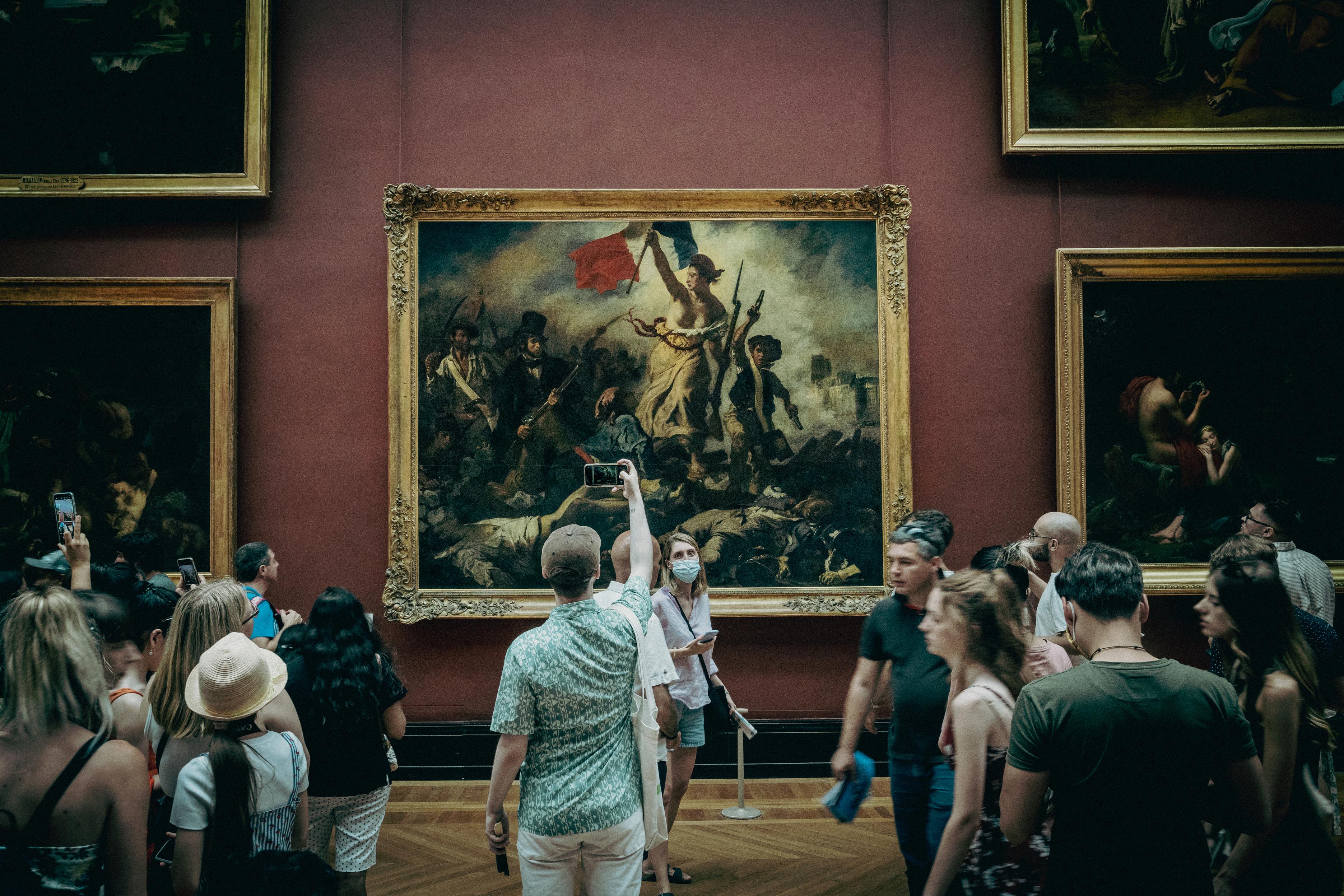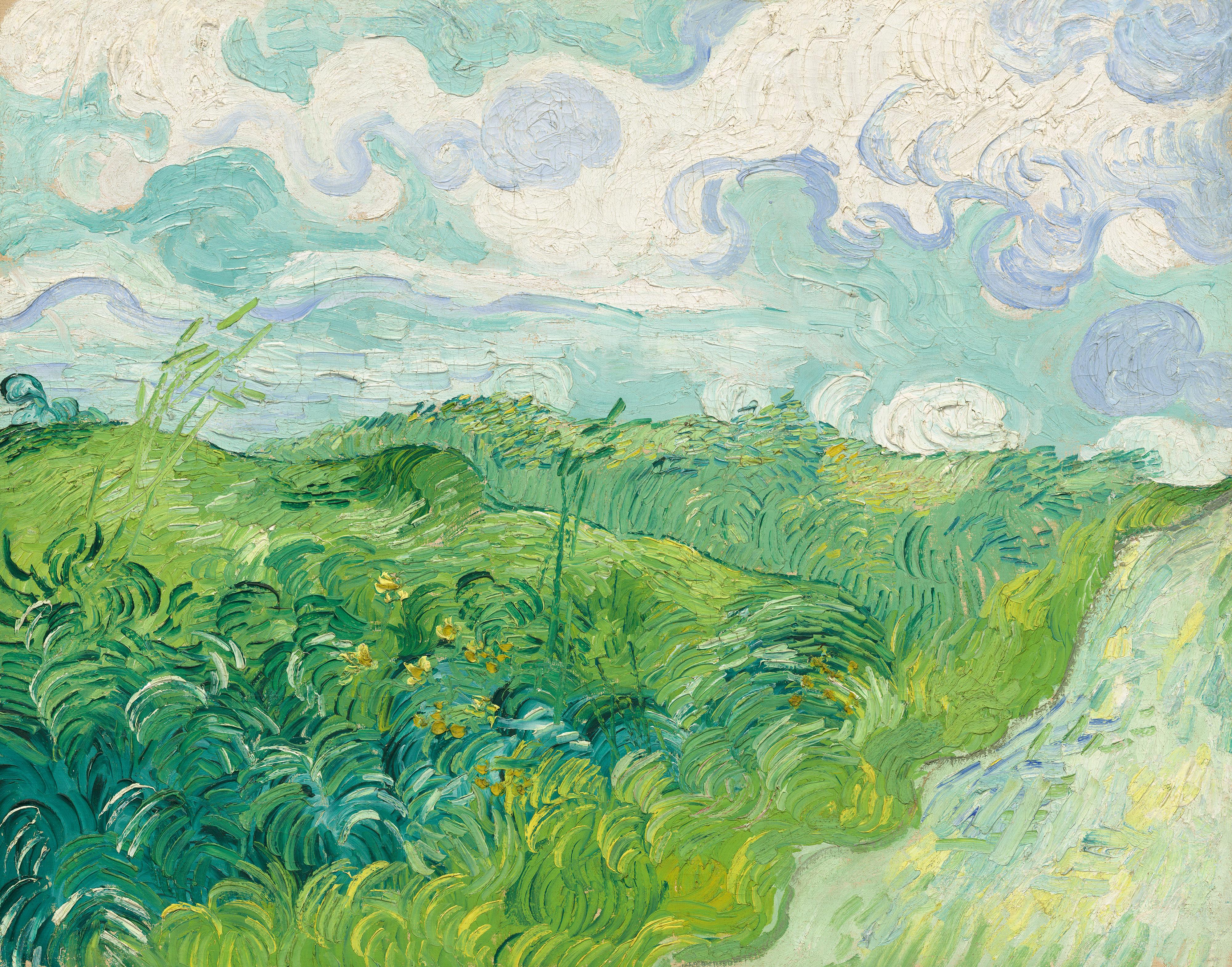
E N G L I S H & P H I L O S O P H Y C O U R S E S


E N G L I S H & P H I L O S O P H Y C O U R S E S
The Department of English and Philosophy at Auburn University at Montgomery prepares students for thoughtful engagement with diverse, multicultural communities and issues through highimpact, community-engaged teaching and learning and through advances in research in literature, rhetoric and composition, creative writing, professional and technical writing, digital humanities, and philosophy.
We are an interdisciplinary community that values and promotes the study of literature, rhetoric and composition, professional and technical writing, creative writing, digital humanities, and philosophy
We offer an undergraduate major in English as well as three minors: Creative Writing, Language and Literature, and Philosophy. We also offer an undergraduate certificate in Professional and Technical Writing, with a distinctive focus on community-engaged projects. We are actively seeking to expand our initiatives in digital humanities and in creative writing
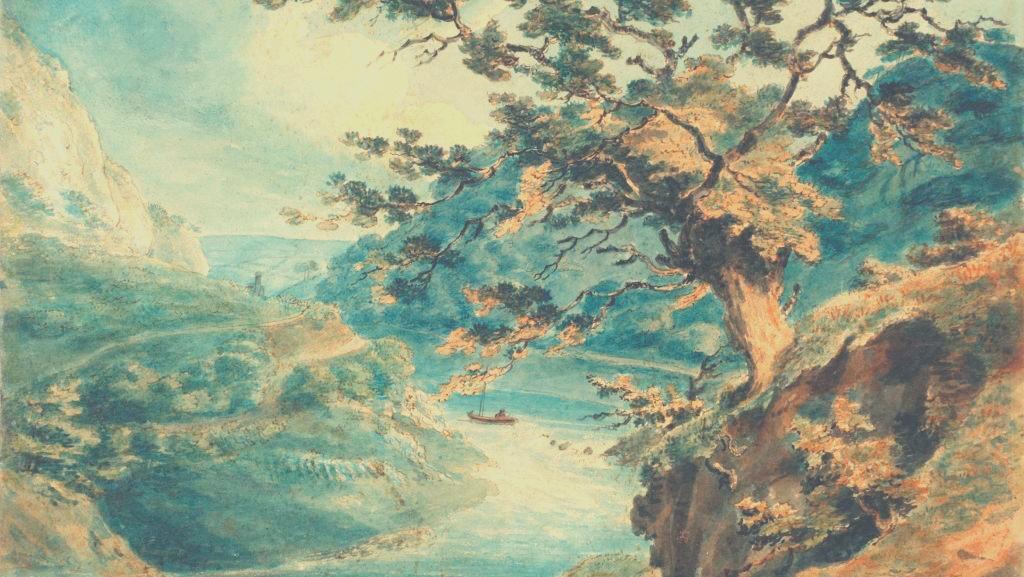
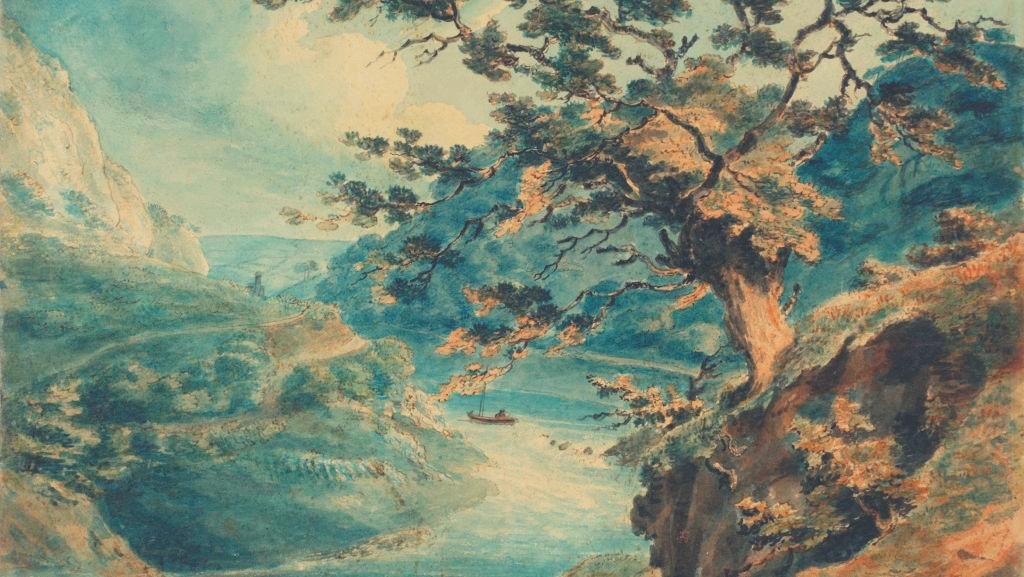
ENGL 1010: ENGLISH COMPOSITION I
VARIOUS INSTRUCTORS
ENGL1010 is a first-year writing course focused on introducing students to the concepts and practices of rhetoric and composition. The course prepares students to compose texts in a variety of genres for various purposes, audiences, and contexts, including digital environments The course emphasizes analytical and critical skills: rhetorical analysis, critical thinking, argument, and reflection
ENGL 1011: WRITING STUDIO VARIOUS INSTRUCTORS
This is the Writing Studio extension of your English 1010 course. A writing studio is designed to provide guided practice and support as you learn, write, and revise. Writing is hard work and takes time, especially when learning to write in new ways. In our writing studio, you’ll have time to deepen your understanding of and further develop the strategies introduced as part of your writing projects from 1010 Designed to be a workshop classroom where both conversation and writing happen, English 1011 will provide students with opportunities to engage with reading and writing strategies in conjunction with their ENGL 1010 course.
ENGL 1020: ENGLISH COMPOSITION II
VARIOUS INSTRUCTORS
Prerequisite: ENGL 1010, with minimum grade of C ENGL 1020 focuses on developing academic research writing skills that students will utilize in their academic and professional contexts. The course introduces students to the methods, strategies, and skills required to conduct an informed inquiry: critical reading, critical analysis, synthesis, constructing a researchbased argument, and reflection.
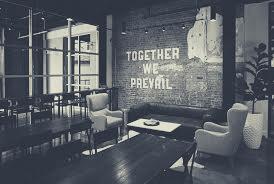
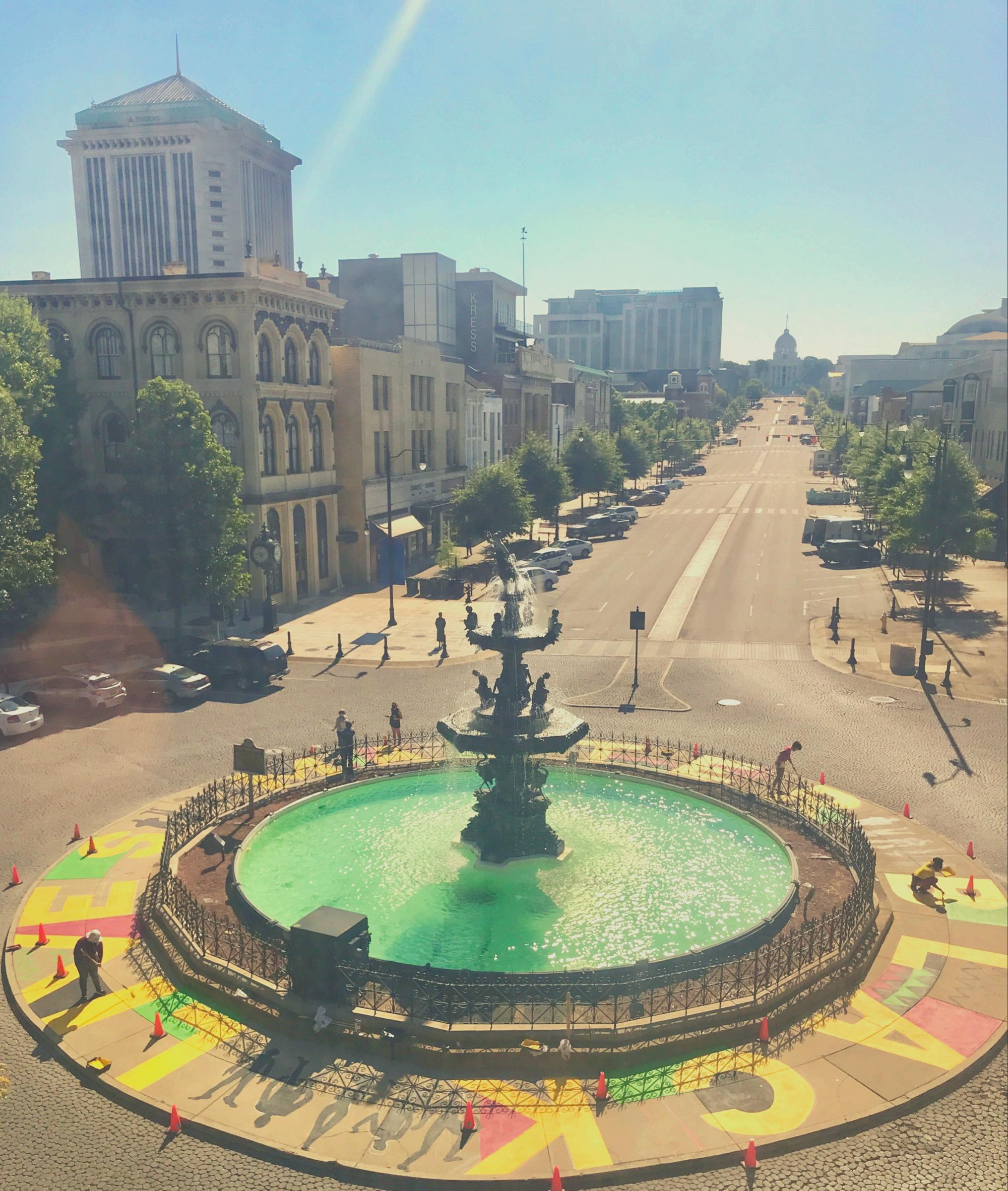

ENGL 2530: SURVEY OF ENGLISH LIT I
VARIOUS INSTRUCTORS
Prerequisite: ENGL 1010/1020, with minimum grade of C
ENGL 2530 offers students an overview of British literature from the medieval period through the 18th century. Courses may be themed around specific subjects, but all course offerings are introductory courses in which students will learn the basics of literary terminology, close reading practices, broad knowledge of specific literary eras and historical and cultural contexts, and effective writing skills.
ENGL 2540: SURVEY OF ENGLISH LIT II
VARIOUS INSTRUCTORS
Prerequisite: ENGL 1010, with minimum grade of C
ENGL 2540 offers students an overview of British literature from the Romantic period to the present. Courses may be themed around specific subjects, but all course offerings are introductory courses in which students will learn the basics of literary terminology, close reading practices, broad knowledge of specific literary eras and historical and cultural contexts, and effective writing skills.
ENGL 2570: SURVEY OF AMERICAN LIT I
VARIOUS INSTRUCTORS
Prerequisite: ENGL 1010, with minimum grade of C
ENGL 2570 offers students an overview of American literature from its colonial beginnings to 1865. Courses may be themed around specific subjects, but all course offerings are introductory courses in which students will learn the basics of literary terminology, close reading practices, broad knowledge of specific literary eras and historical and cultural contexts, and effective writing skills
ENGL 2580: SURVEY OF AMERICAN LIT II
VARIOUS INSTRUCTORS
Prerequisite: ENGL 1010, with minimum grade of C
ENGL 2580 offers students an overview of American literature from 1865 to the present. Courses may be themed around specific subjects, but all course offerings are introductory courses in which students will learn the basics of literary terminology, close reading practices, broad knowledge of specific literary eras and historical and cultural contexts, and effective writing skills
ENGL 2600: SURVEY OF WORLD LIT I
VARIOUS INSTRUCTORS
Prerequisite: ENGL 1010/1020, with minimum grade of C
ENGL 2600 offers students a study of world literature from multiple continents and especially from non-Western literatures from the ancient world to the 17th century. All course offerings are introductory courses in which students will learn the basics of literary terminology, close reading practices, broad knowledge of specific literary eras and historical and cultural contexts, and effective writing skills
ENGL 2610: SURVEY OF WORLD LIT II
VARIOUS INSTRUCTORS
Prerequisite: ENGL 1010, with minimum grade of C
ENGL 2610 offers students a study of world literature from multiple continents and especially from non-Western literatures from the 17th century to the present. All course offerings are introductory courses in which students will learn the basics of literary terminology, close reading practices, broad knowledge of specific literary eras and historical and cultural contexts, and effective writing skills
ENGL 2670: SURVEY OF AFRICAN AMERICAN LIT I VARIOUS INSTRUCTORS
Prerequisite: ENGL 1010/1020, with minimum grade of C
ENGL 2670 offers students a study of African American Literature from the 18th century to 1910. All course offerings are introductory courses in which students will learn the basics of literary terminology, close reading practices, broad knowledge of specific literary eras and historical and cultural contexts, and effective writing skills.
ENGL 2680: SURVEY OF AFRICAN AMERICAN LIT II
VARIOUS INSTRUCTORS
Prerequisite: ENGL 1010, with minimum grade of C
ENGL 2680 offers students a study of African American Literature from 1910 to the present. All course offerings are introductory courses in which students will learn the basics of literary terminology, close reading practices, broad knowledge of specific literary eras and historical and cultural contexts, and effective writing skills.
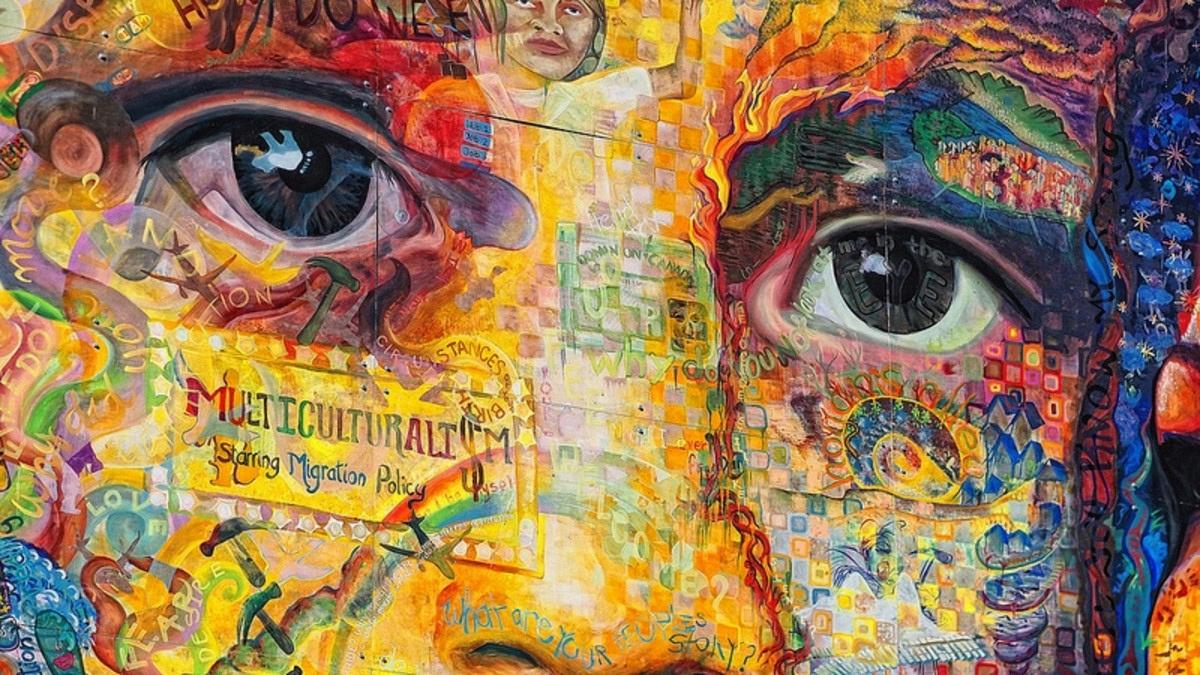
DR. KENT QUANEY
An exploration of the contemporary fine art of creative writing through readings, viewings, and original creative efforts in poetry, fiction, plays, lyrics, or creative nonfiction. Students will develop an appreciation for and understanding of the roles that creative writing plays in our culture. Students will always develop an awareness of the creative writing process and will have the opportunity to develop their own creative works.
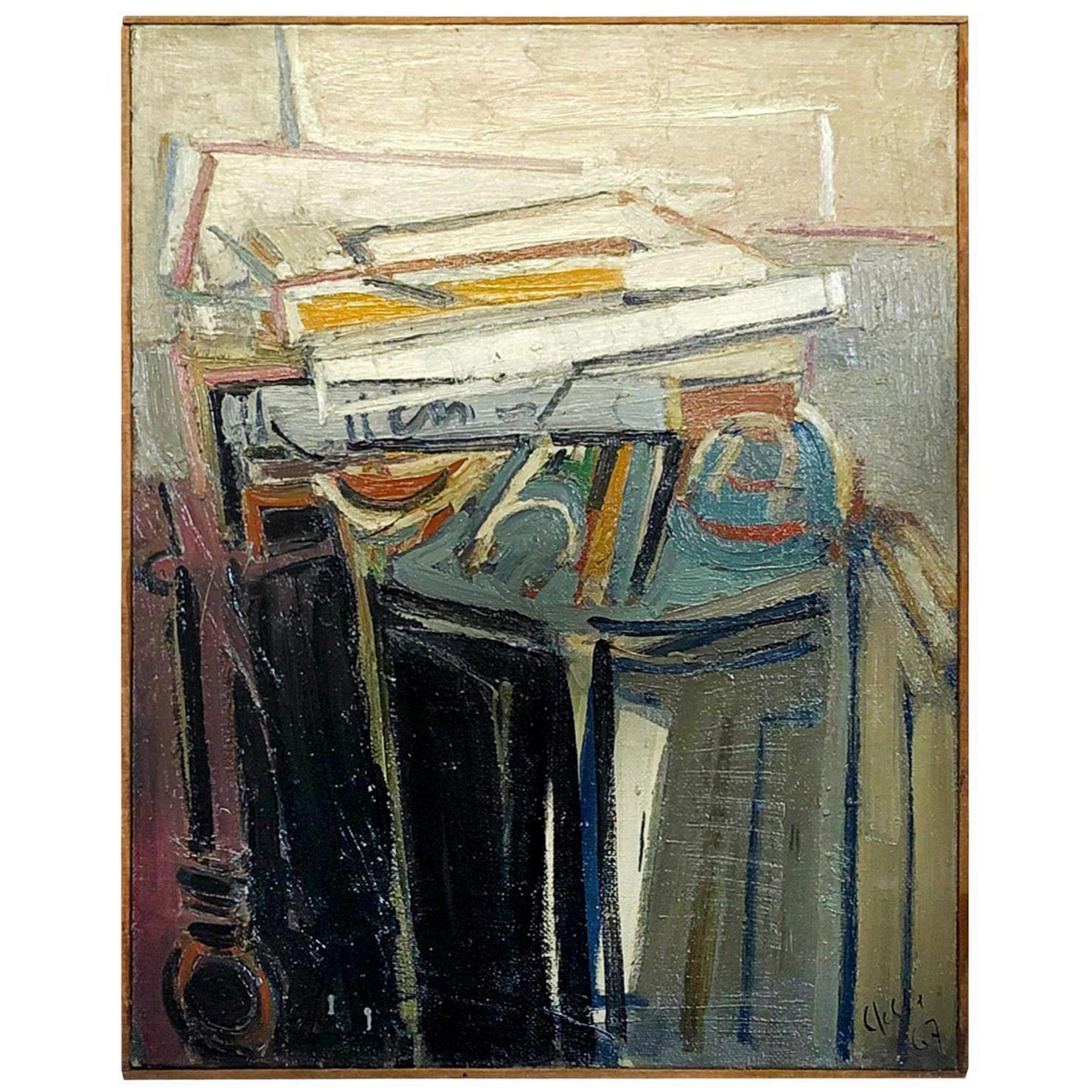
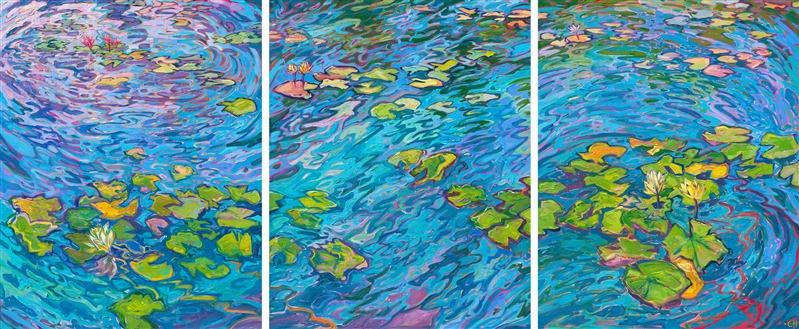

DR. SETH RENO
This course builds upon the learning completed in ENGL 2500 and practices the tools of literary interpretation: close reading, contextual analysis, primary and secondary research, and literary criticism. Throughout the semester, we will practice close reading and analysis, building upon those foundational methods with advanced research to expand and generate new forms of knowledge. The course emphasizes advanced research methods, with each student developing their own research project throughout the semester, which could take any number of shapes/genres: academic essay, digital exhibition, anthology, mapping project, etc. (I’m open to your ideas). In particular, students will learn advanced methods in utilizing and navigating research databases; best practices for online research; and how to conduct original archival research, both online and in person (the course will include trips to various archives and libraries for your research projects). We will apply our research and critical tools to literary texts and cultural objects to understand that the methods of literary study go beyond “just reading books.”
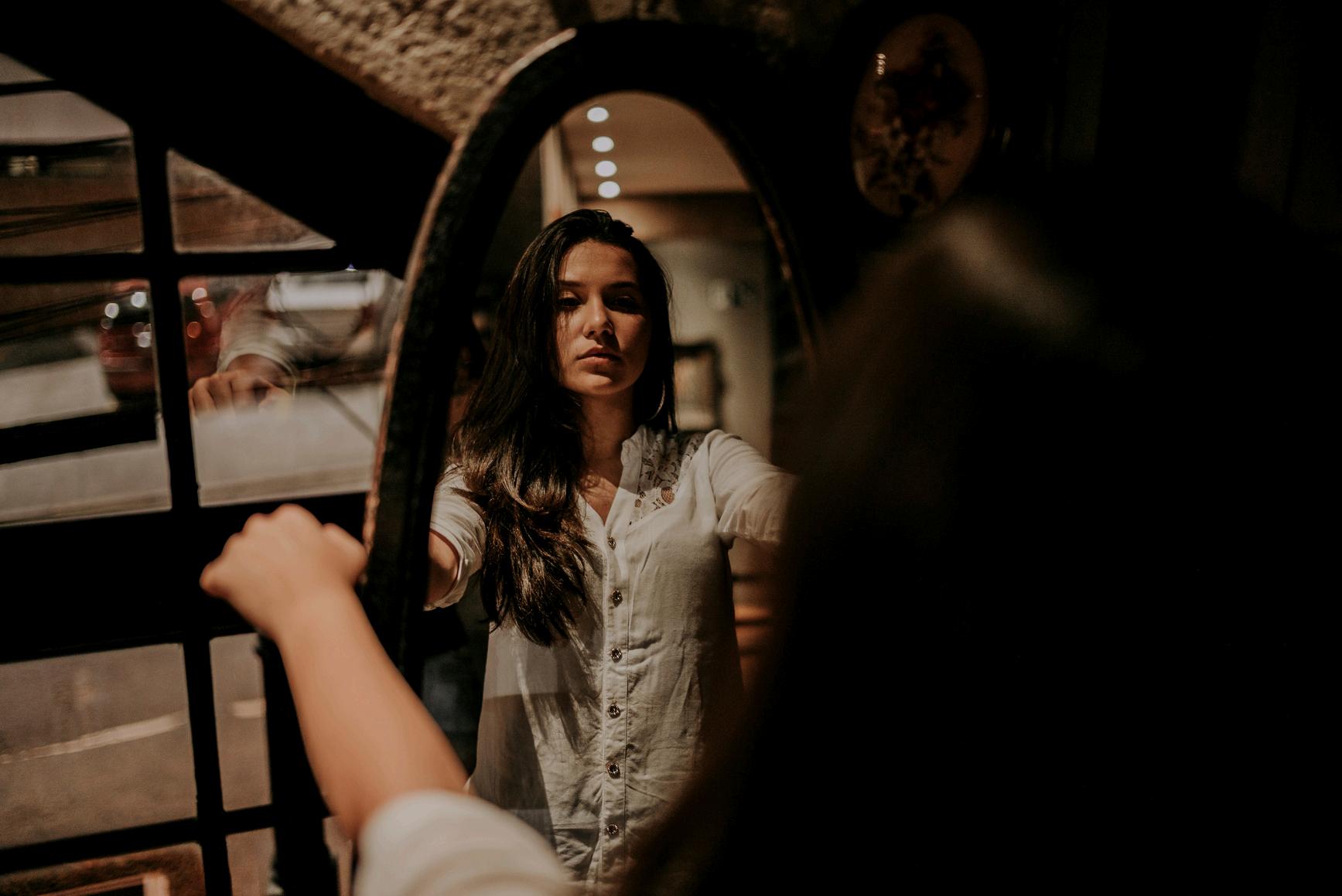
Who are we? The search for one's identity is a lifelong process, and many authors have written about this search, including the Victorians and British Modernists. In this comparative survey, we will focus on British and Irish writers who have explored the question of identity in novels (Charlotte Brontë's Jane Eyre, George Eliot's Silas Marner, James Joyce's A Portrait of the Artist as a Young Man, and Virginia Woolf's Mrs Dalloway), plays (Oscar Wilde's The Importance of Being Earnest, George Bernard Shaw's Major Barbara, and Samuel Beckett's Krapp's Last Tape), and longer poems (Elizabeth Barrett Browning's Aurora Leigh and Mina Loy's Anglo-Mongrels and the Rose). Through these works, we will discuss their depictions of the search for identity and compare and contrast Victorian and Modernist modes of writing. Required for Literary Studies Concentration.
CAPSTONE
What do I do with an English major? The Capstone course blends student learning with immersion, serving as both an academic endeavor and a stepping stone in the student’s plans post-graduation We’ll discuss the skills learned in English classes and how to transfer those skills to a variety of careers Students will be able to demonstrate their learning gained from the major in the following areas: critical and creative thinking; effective communication; making local and global connections to literature; and understanding responsibilities to diverse populations and conversations. Majors must take ENGL 4950 as a senior in their program of study.
3030: TECHNICAL
This course is designed to help students effectively organize and communicate technical information. In this case, "technical information" refers to information about technical topics as well as communication related to technique-oriented skills and tasks. Students can gain experience in several genres with assignments such as technical descriptions, document redesigns, proposals, and reports. The course places particular emphasis on research, style, and organization strategies as well as visual presentation of information and interpretation of data
ENGL 6913 is designed to prepare graduate students to teach writing at the college level. The course focuses on theories, research, and pedagogies of teaching and learning college composition through readings, discussion, reflection, and mentored practices. Students will produce their own teaching materials using the conceptual learning and classroom experiences accumulated during the semester. Class sessions and assignments will help you find a workable balance between principles and practices in teaching: you need both perspective and repertoire in order to identify classroom components and issues that writing-learners face and choose responses that best enable further learning We’ll focus on how you notice teaching and learning in order to help you create and then strengthen your teaching vision and increase your teaching range. One way to notice how people teach or learn writing is to write and revise writing while you reflect on those actions, so we’ll do that too. Finally, we’ll place a high value on collaboration and community development, because good teachers almost never become good – or stay that way – all on their own. It takes a village, so we are the village people!
ENGL 4230/6230: DRAMATIC LITERATURE & THEATRE HISTORY II
DR. VAL WINKELMAN
A study of theatrical movements, people, and production techniques with emphasis on developing a critical awareness and appreciation of theatre history and literature from the end of the 19th century to modern times.
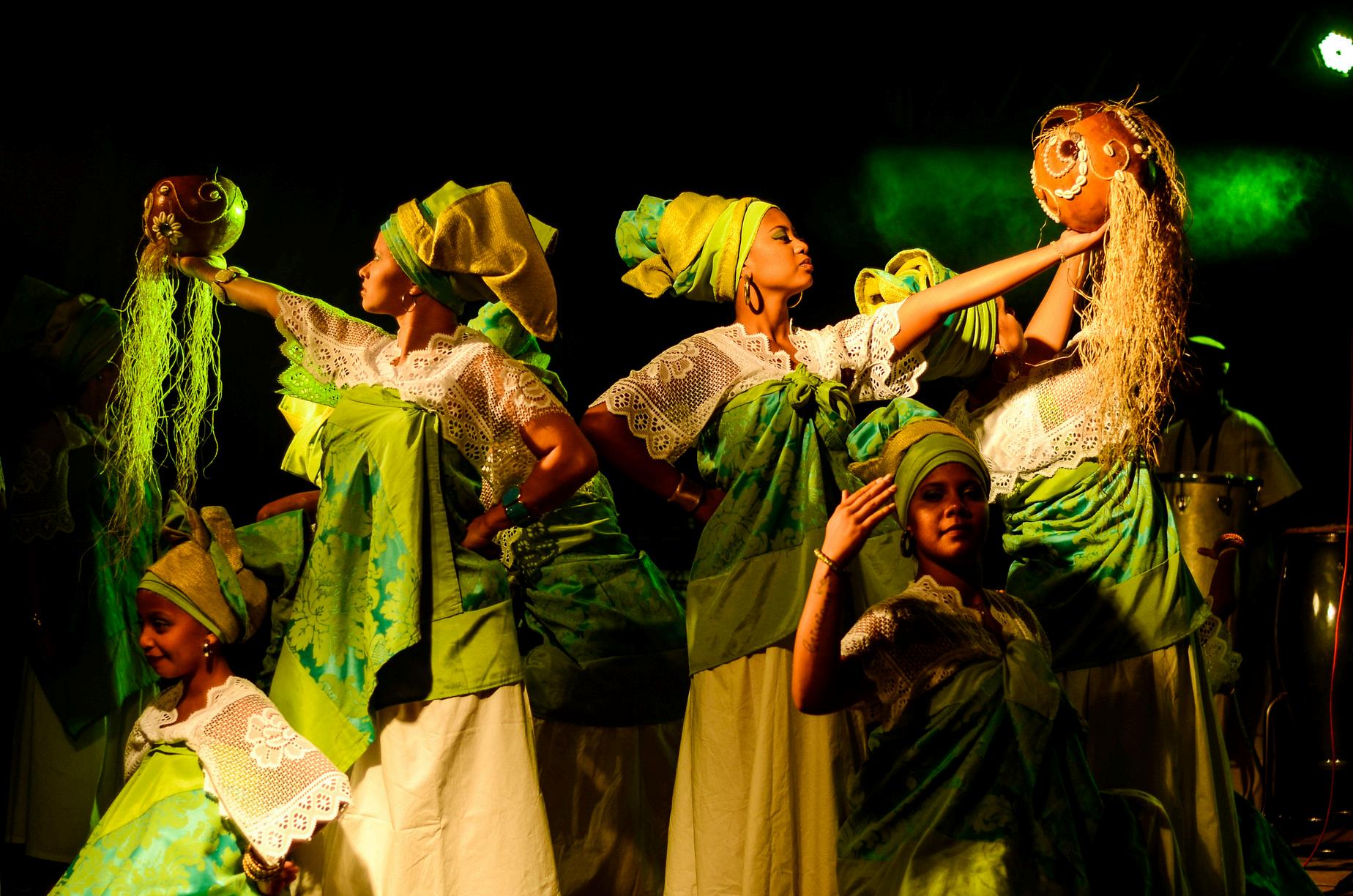
ENGL4830/6830:
BRITISH & AMERICAN LITERATURE--READING 1925 100 YEARS LATER
DR. JOYCE KELLEY
Jane Ciabattari, writing for the BBC, has chosen 1925 as “the greatest year for books ever ” One hundred years ago, when “the war was over” and the Roaring Twenties well underway, American fiction was redefined by Fitzgerald’s publication of The Great Gatsby and British fiction by Woolf’s Mrs. Dalloway. On the bookshop shelf at the same time were Forster’s masterpiece A Passage to India, Maugham’s The Painted Veil, and several new hot titles by Agatha Christie. James Joyce stopped writing Finnegan’s Wake for three days to fully indulge in the fabulously fun Anita Loos novel Gentlemen Prefer Blondes. The bestseller of the year and winner of the Pulitzer Prize was Edna Ferber’s So Big. The New Yorker debuted its first issue, Hemingway published his short story collection In Our Time, and Samson Raphaelson’s play The Jazz Singer appeared on Broadway, destined soon to be adapted as the first full-length “talkie.” Meanwhile, the Harlem Renaissance was in full swing and Langston Hughes was publishing masterful single poems soon to be collected in The Weary Blues On the shelves for children in England and in the U.S. were the recent modern classics The Velveteen Rabbit, The Boxcar Children, and new tales of Winnie-the-Pooh.
Join us as we travel back in time and become readers of this watershed year in Britain and America. The class will also have a fun cultural studies focus; all students will undertake a project exploring news and fads of 1925 from cars to cosmetics by diving into The New York Times and The London Times.
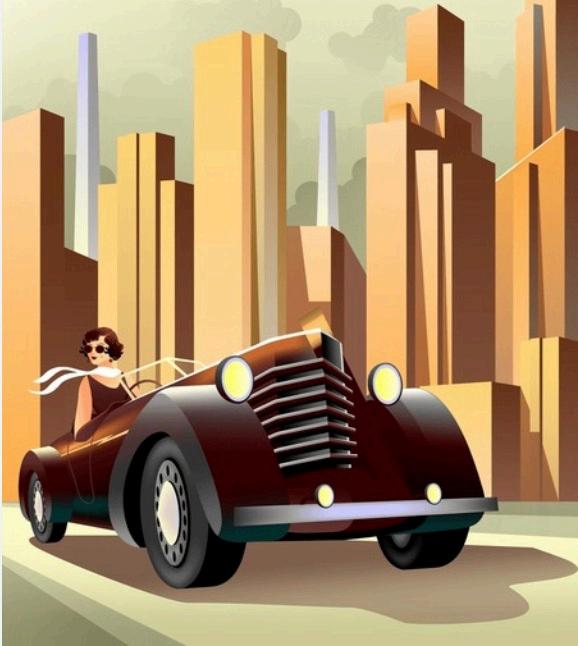
ENGL 4013/6013: PLAYWRITING
DR. ERIC STERLING

This online class involves playwriting for beginners as well as for those students who have written plays before. No experience is necessary. We will learn about writing dialogue, creating plots, creating conflict and intriguing scenes, and developing complex characters and themes. We will have a lot of fun creating new plays and workshopping them to improve them.
ENGL 4020/6020: FICTION WRITING WORKSHOP
DR. KENT QUANEY
Ever wonder if you have the stuff to be the next Tolkien? The next Jane Austen? Or maybe the next John Green? Ever dabbled in fan fiction and wondered if you might take it a step further? In the Fiction Writing Workshop you’ll be able to explore your ideas with a welcoming and open-minded writers group and learn how to refine your technique through focused discussion and practice of the writer’s craft. Students will address numerous concepts such as character development, plot, dialogue, voice, metaphor, allusion, setting, and many other components of successful fiction through the reading of exemplary writers and the submission of original works for open discussion in the workshop setting. All genres and styles of writing welcome and encouraged.
ENGL 4935/6935: ADVANCED POETRY WORKSHOP (DIRECTED CREATIVE WRITING)
DR. STEPHANIE DUGGER
Prerequisite: ENGL 4010, 4020, 4040 or department approval
This course is a continuation of the study of writing poetry, with a focus on intention in voice Through discussions, peer workshops, and poetry writing practice, this course will help students enhance their skills as readers and writers of verse and productive members of a literary community, with the ultimate goal of generating publishable work.
PHIL 2000: REASONING & CRITICAL THINKING
TBD
PHIL 2000 studies the intellectual skills crucial to evaluating arguments and to addressing both cognitive biases and informal fallacies.
PHIL 2010: INTRO TO PHILOSOPHY
DR. JASON GRAY
PHIL 2010 offers an introduction to the methods of philosophical inquiry and a study of major topics in philosophy. Specific major topics are identified and explored by the instructor.
PHIL 2100: APPLIED ETHICS
DR. LUKE MANNING
PHIL 2100 provides a study of controversial social and moral problems such as abortion, euthanasia, capital punishment, and sexual morality Specific studies and themes determined by the instructor.
PHIL 2100: APPLIED ETHICS-MEDICAL ETHICS
DR. JASON GRAY
This is a course in ethical decision-making, focused on topics most relevant to healthcare professions Ethical decision-making requires us to consider and weigh different considerations and perspectives, and each situation presents new complications. In this class, you will learn several major perspectives and principles for evaluating right and wrong, as well as philosophical tools for reasoning carefully about complex issues. You will also learn how ethical principles play out in common professional issues, such as informed consent, and confidentiality, and human research In addition, you will learn how to think through complex topics such as abortion and euthanasia, as well as issues of justice in healthcare relating to sex, gender, race, and disability.
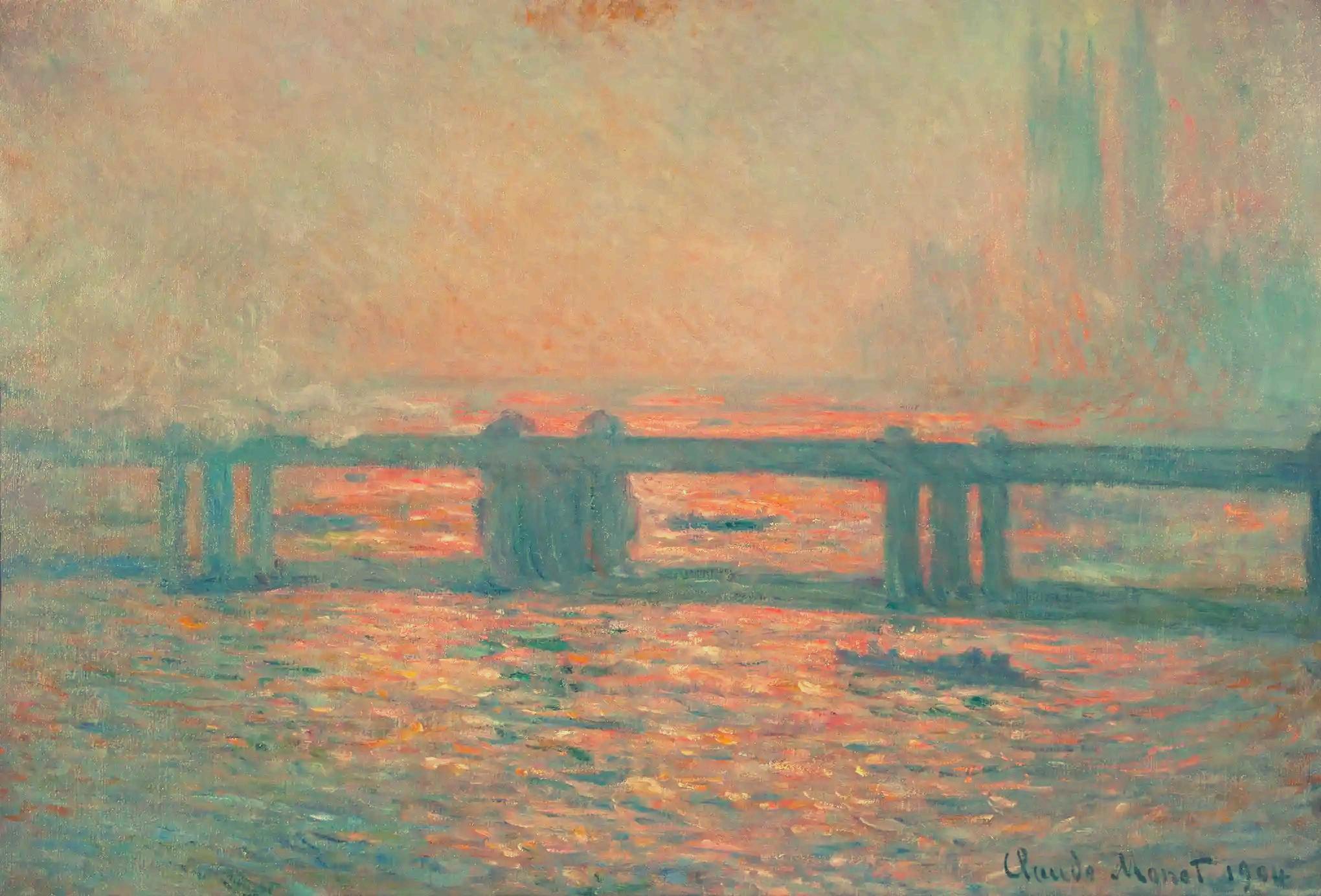

PHIL 2030: LOGIC
DR. JASON GRAY
PHIL 2030 offers an introduction to formal methods for evaluating both deductive and inductive reasoning.
**Note: students can take PHIL 2030 in place of Math requirements.
PHIL 4970/6970:
DR. LUKE MANNING
The arts, including literature, painting, photography, sculpture, music, and many other forms, have long been a topic of philosophical analysis and theorizing. In this class, we will discuss several major philosophical topics relating to the arts, including the definition of art, the role of beauty, theories of interpretation, the metaphysics of works of art, evaluation and ethical issues, emotional expression, pictorial representation, and issues of cultural context. We will also explore multiple philosophical traditions and perspectives, as well as practical implications of various theories
